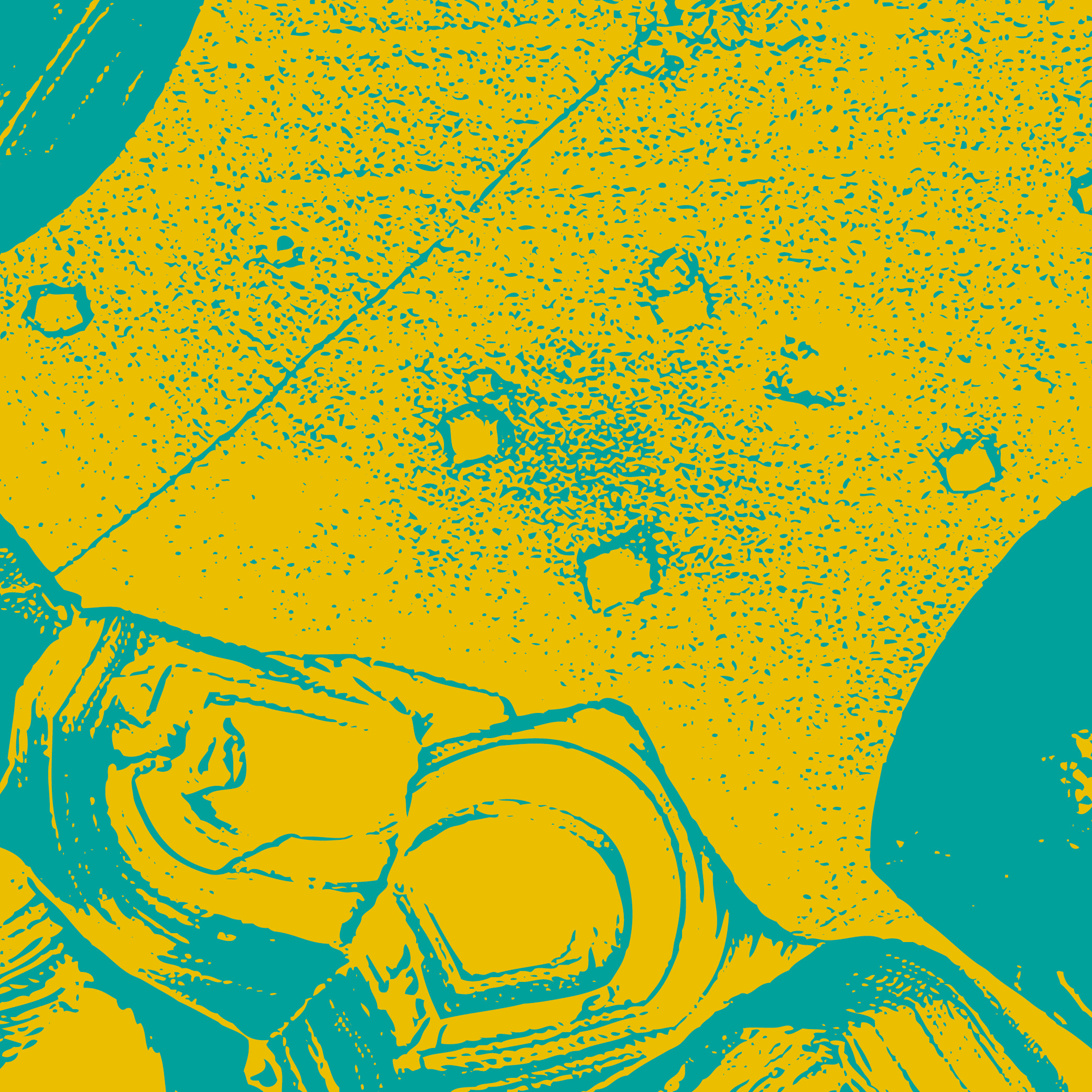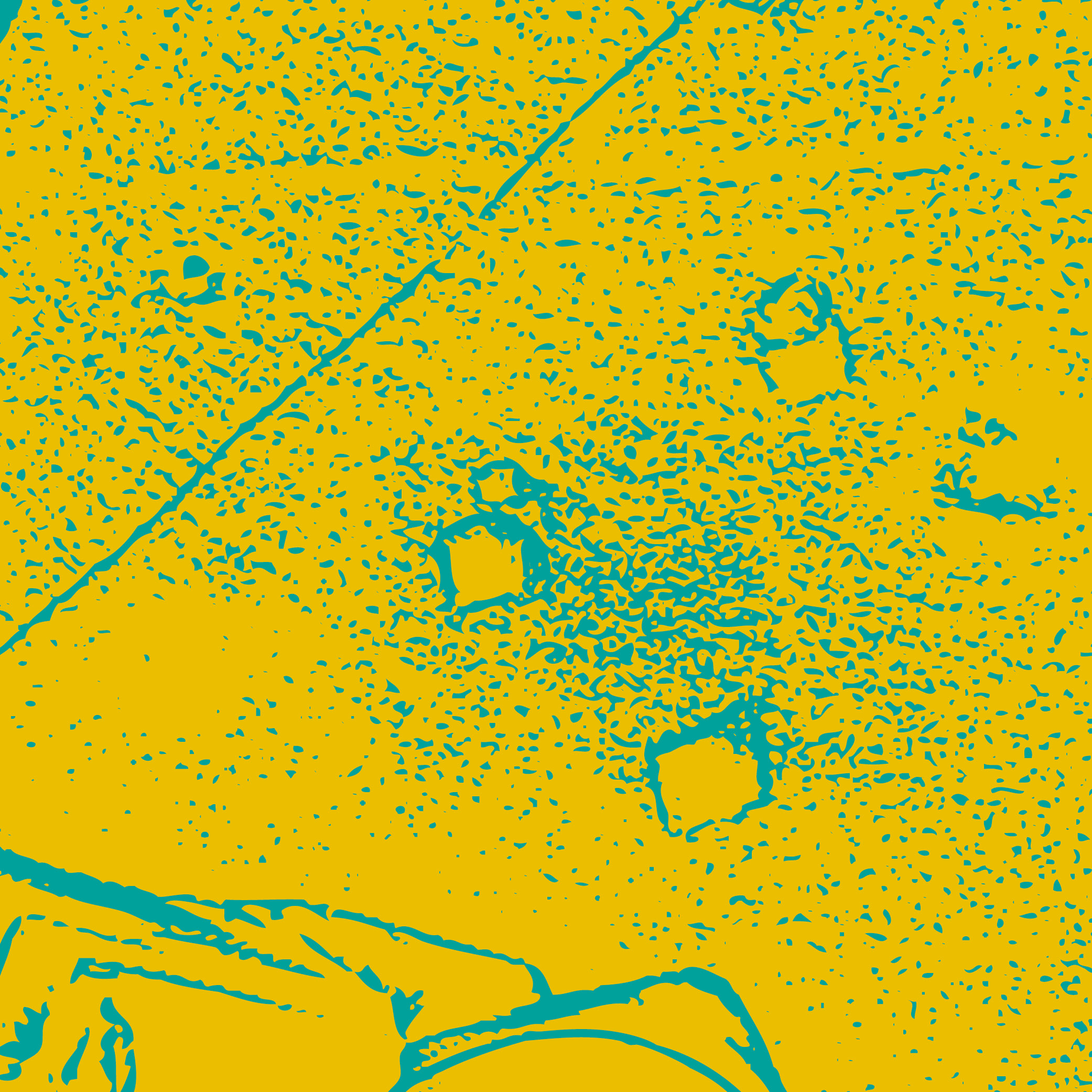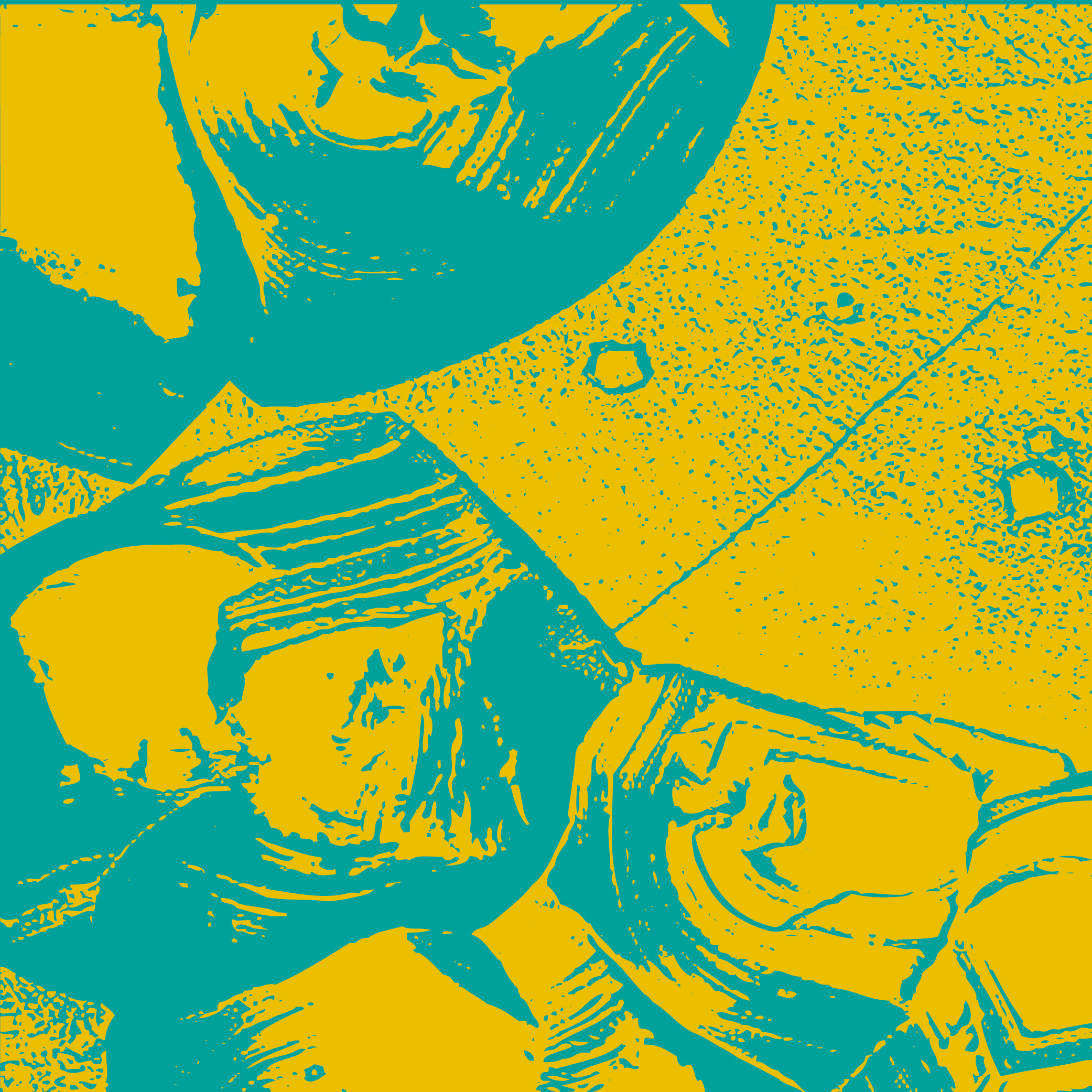Landscape Reports
These reports examine in detail a range of opportunities where development of digital-first tools can lead to accelerated materials development. They also identify a range of challenges that require addressing, such as the proprietary nature of materials data and data interoperability.A Role for Standards
In collaboration with the Ferroday Institution we examined the standards that are currently available for digital storage of materials related data and considered the reasons that these have not been widely adopted to date.

Lab Automation for Innovation
In collaboration with the Materials Innovation Factory at the University of Liverpool, we reviewed the use of automation and robotics to improve innovation efficiency.

Enabling Trust in Data Exchange
In collaboration with Digital Catapult we considered the issues relating to data-sharing and examined methods for sharing data between competing organisations for mutual benefit.

Materials Microstructure Repositories
In collaboration with Impact Data Metrics we examined a use case for the storage of data and identified key requirements of data repositories and indexing systems.

Summary Reports
These reports are also summarised in an over-arching report Towards Materials 4.0: What is holding back the next materials age? in addition to a full summary report of.Towards Materials 4.0
Read a brief executive summary on the four reports commissioned by the Henry Royce Institute into the challenge area of Materials 4.0.

Full Summary Report
This report contains a detailed summary on the standards for digital storage of materials related data, trust in data exchange for Materials 4.0, the use of automation and robotics to improve innovation efficiency and the storage of data and key requirements of data repositories and indexing systems.

Related Programmes
Materials 4.0 CDT
The new Engineering and Physical Sciences Research Council (EPSRC) Centre for Doctoral Training in Developing National Capability for Materials 4.0 with the Henry Royce Institute will train over 70 researchers with the knowledge, understanding and skills required to ensure national capability in Materials 4.0.

Digital Materials Foundry
The Digital Materials Foundry is a new initiative established by Royce to support the digital transformation of materials innovation. The Foundry is leveraging open-access experimental databases, machine-learning code for property prediction and language models tailored for the materials domain to accelerate translation.




